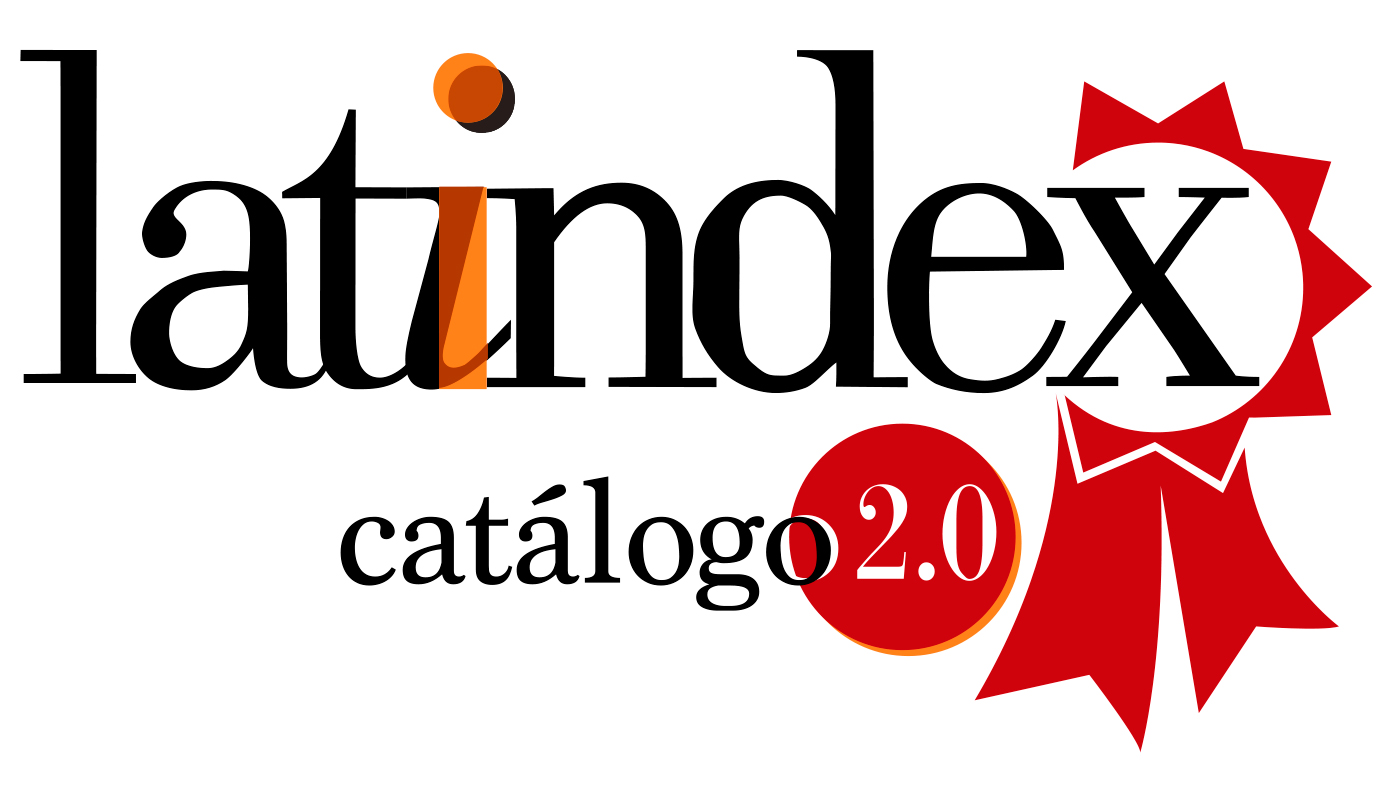The Dialogic login in the argumentation
A model for deliberation
Abstract
This article aims to describe in an articulated way the elements that make up dialogic logic in its not only semantic but also didactic value, in terms of the configuration of an argumentative model, susceptible of use in the field of deliberation. Although dialogic logic is constituted as a model for the analysis of certain argumentative processes, we will resort to the basic notions of dialogic logic of Shahid Rahman, which proposes a semantics and its analytics to certain forms of interaction in an argumentative process, regulating the actions of the epistemic agents involved, in a formal way; residing there its didactic value as a bridge between the so-called formal and informal logic.
References
Aliseda, A. (2014). La lógica como Herramienta de la Razón. Razonamiento Ampliativo en la Creatividad, la Cognición y la Inferencia (Vol. 6). Milton Keynes: College Publications UK.
Atocha, A. (2014). La Lógica como Herramienta de la Razón. Razonamiento Ampliativo en la Creatividad, la Cognición y la Inferencia (Vol. 6). Milton Keynes, Reino Unido: College Publications.
Badesa, C., Jané, I., & Jansana, R. (1998). Elementos de lógica formal. Barcelona: Editorial Ariel, S.A.
Dancy, J. (1993). Introducción a la epistemología contemporánea. Madrid: Tecnos.
Descartes, R. (1977). Meditaciones metafísicas con objeciones y respuestas. Madrid : Alfaguara.
Garfinkel, A., Shevtsov, J., & Guo, Y. (2017). Modeling Life: The Mathematics of Biological Systems. New York: Springer.
Lungarzo, C. (1986). Lógica y lenguajes formales/|. Buenos Aires: Centro Editor de América Latina.
Lungarzo, C. (1986). Lógica y lenguajes formales/2. Buenos Aires: Centro Editor de América Latina.
Mosterín, J. (1973). El problema de la decisión en la lógica de predicados. (RACO, Ed.) Recuperado el 06 de Julio de 2021, de Revistes Catalanes amb Accés Obert: http://www.raco.cat/index.php/Convivium/article/download/76430/98646
Platón. (1983). Diálogos. Madrid: Gredos.
Rahman, S., Clerbout, N., & Redmond, J. (10 de Abril de 2017). Interacción e igualdad. La interpretación dialógica de la teoría constructiva de tipos. Crítica: Revista hispanoamericana de filosofía, 49(115), 49-89. Recuperado el Septiembre de 2020, de http://critica.filosoficas.unam.mx/index.php/critica/article/view/199/1139
Rahman, S., McConaughey, Z., Klev, A., & Clerbout, N. (2018). Basic Notions form Dialogic Logic. En S. Rahman, Z. McConaughey, A. Klev, & N. Clerbout, Immanent Reasoning or Equality in Action. A Plaidoyer for the Play Level (págs. 57-74). Cham: Springer.
Sacristan, M. (1969). Introducción a la lógica y al análisis formal. Bercelona: Ediciones Ariel.
Soler Toscano, F. (2012). Razonamiento abductivo en la lógica clásica (Vol. 2). London: College Publications.
Stroud, B. (1991). El escepticismo filosófico y su significación. Ciudad de México: Fondo de cultura económica.
van Benthem, J. (2007). Abduction at the interface of Logic and Philosophy of Science. 60(22), 271-273.
Vitoriano, B. (2007). Teoría de la decisión: decisión con incertidumbre, decisión multicriterio y teoría de juegos. Madrid: Universidad Complutense de Madrid (TESIS).





